Cholesterol: a word that often conjures up images of clogged arteries and heart disease warnings plastered across health magazines. Yet, despite its notorious reputation, cholesterol is far more complex and essential than most realize. It’s a molecule that cleverly walks the line between friend and foe, playing vital roles inside our bodies while sometimes contributing to serious health risks. In this article, we’ll unravel the truth about cholesterol—demystifying myths, exploring its functions, and understanding how it truly impacts our well-being. Prepare to see cholesterol in a new light, beyond the black-and-white headlines.
Table of Contents
- Understanding Cholesterol Beyond Common Myths
- The Different Types of Cholesterol and Their Roles
- How Diet and Lifestyle Influence Cholesterol Levels
- The Link Between Cholesterol and Heart Health Explained
- When to Consider Medication and Other Treatments
- Practical Steps for Maintaining Healthy Cholesterol Naturally
- Q&A
- To Conclude

Understanding Cholesterol Beyond Common Myths
Cholesterol often gets a bad rap, but it’s essential to realize that it plays a vital role in our bodies. This waxy substance is crucial for building cell membranes, producing hormones, and aiding digestion through bile acids. Misunderstandings surrounding cholesterol largely stem from oversimplified categorizations of “good” versus “bad” cholesterol. In reality, these lipoproteins—Low-Density Lipoprotein (LDL) and High-Density Lipoprotein (HDL)—function in balance. While LDL can contribute to artery blockages if elevated excessively, HDL helps transport cholesterol away from arteries to the liver for removal, acting as a protective factor.
- Cholesterol is not inherently bad: It is a necessary molecule for many bodily functions.
- Levels fluctuate: Diet, exercise, genetics, and overall health impact cholesterol balance.
- Context matters: High cholesterol numbers should be evaluated alongside other indicators like inflammation and triglycerides.
| Type | Role | Common Misconception |
|---|---|---|
| LDL | Transports cholesterol to cells | Always harmful |
| HDL | Removes excess cholesterol | Universally protective |
| Triglycerides | Stores fat for energy | Not related to cholesterol |
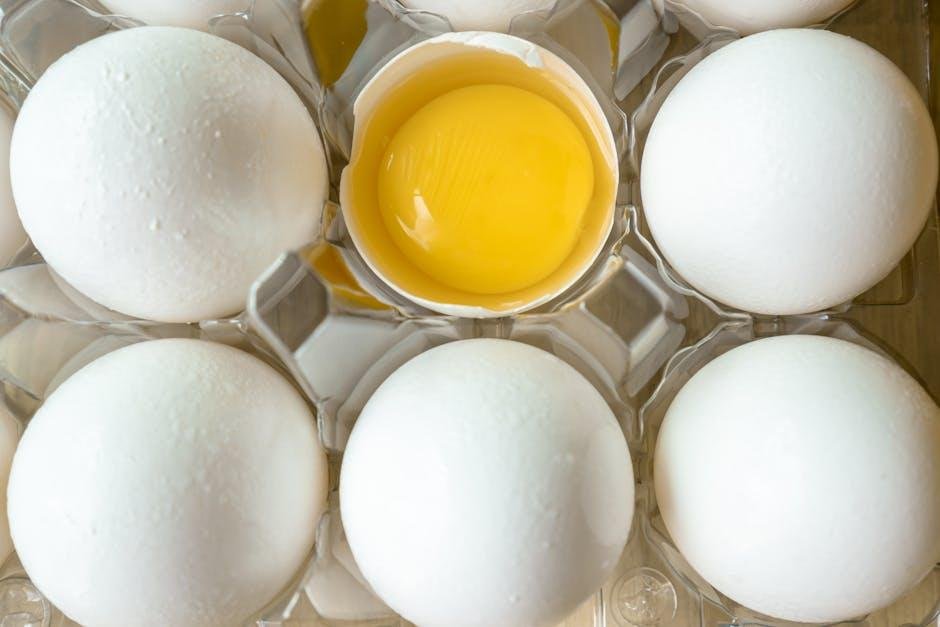
The Different Types of Cholesterol and Their Roles
Cholesterol is often misunderstood as simply a villain in your bloodstream, but it’s actually a complex mixture with distinct types performing unique and crucial roles in your body. Among the numerous variants, Low-Density Lipoprotein (LDL) and High-Density Lipoprotein (HDL) take center stage. LDL, sometimes labeled “bad cholesterol,” acts as a delivery truck, transporting cholesterol to cells where it’s needed—but in excess, it can cause harmful build-ups in arteries. On the other hand, HDL, known as the “good cholesterol,” functions like a cleanup crew, scavenging excess cholesterol and ferrying it back to the liver for disposal.
Beyond LDL and HDL, there are other essential players like Very Low-Density Lipoprotein (VLDL), which primarily carries triglycerides, and Intermediate-Density Lipoprotein (IDL), a transitional form between VLDL and LDL. Each type carries cholesterol in varying quantities and with different effects on heart health. Understanding these distinctions helps clarify why a simple cholesterol number doesn’t tell the whole story.
| Cholesterol Type | Role | Nickname |
|---|---|---|
| LDL | Delivers cholesterol to cells | Bad Cholesterol |
| HDL | Removes excess cholesterol | Good Cholesterol |
| VLDL | Transports triglycerides | Very Low-Density |
| IDL | Intermediate carrier form | Transitional Lipoprotein |
- LDL: Watch your levels—too much can contribute to plaque.
- HDL: Aim to boost it through exercise and healthy eating.
- VLDL & IDL: Often overlooked but impactful on overall heart health.

How Diet and Lifestyle Influence Cholesterol Levels
Cholesterol levels are not simply a matter of genetics; they are remarkably sensitive to what we eat and how we live. Dietary choices play a pivotal role in shaping your lipid profile—consuming foods high in saturated fats, trans fats, and refined sugars can elevate LDL (“bad” cholesterol) levels, potentially increasing the risk of heart disease. Conversely, incorporating foods rich in unsaturated fats, fiber, and plant sterols can boost HDL (“good” cholesterol) and promote heart health. Small daily decisions, like opting for avocado instead of butter or choosing nuts over processed snacks, compound over time to create substantial metabolic shifts.
Beyond diet, lifestyle factors act as powerful modulators of cholesterol balance. Regular physical activity, stress management, and adequate sleep are key pillars often overlooked in cholesterol control. For example, exercise not only enhances HDL but also improves the efficiency of cholesterol metabolism. Smoking and excessive alcohol consumption, on the other hand, disrupt this balance unfavorably. Below is a snapshot of lifestyle influences on cholesterol:
| Factor | Effect on Cholesterol | Recommended Action |
|---|---|---|
| Physical Activity | Increases HDL, lowers LDL | At least 150 minutes of moderate exercise weekly |
| Diet | Impacts overall cholesterol levels | Emphasize whole foods, reduce saturated fats |
| Smoking | Decreases HDL, raises LDL | Quit smoking for cardiovascular benefits |
| Stress | Can elevate LDL through hormonal changes | Practice relaxation techniques regularly |
| Sleep | Poor sleep linked to higher cholesterol | Aim for 7-8 hours of quality rest |

The Link Between Cholesterol and Heart Health Explained
Cholesterol often gets a bad reputation, but its relationship with heart health is more nuanced than most realize. This essential lipid plays a crucial role in building cell membranes and producing hormones, yet when levels are out of balance, problems arise. The key lies in understanding that not all cholesterol behaves the same way. Low-density lipoprotein (LDL) is often labeled “bad” because excessive amounts can accumulate in artery walls, leading to blockage and increasing the risk of heart disease. In contrast, high-density lipoprotein (HDL) is the “good” cholesterol, as it helps transport excess cholesterol away from arteries to the liver for removal.
Maintaining heart health involves more than just monitoring cholesterol levels; it requires a holistic approach. Factors such as diet, exercise, genetics, and lifestyle influence cholesterol’s impact on your cardiovascular system. Here’s a quick look at how cholesterol types affect your heart:
- LDL (Low-Density Lipoprotein): Deposits cholesterol in artery walls, raising heart disease risk.
- HDL (High-Density Lipoprotein): Removes cholesterol from arteries, protecting cardiovascular health.
- Triglycerides: Elevated levels often accompany low HDL and high LDL, compounding risks.
| Type | Function | Impact on Heart |
|---|---|---|
| LDL | Transports cholesterol to cells | Can clog arteries if elevated |
| HDL | Collects excess cholesterol | Protects arteries, reduces risk |
| Triglycerides | Stores unused calories | High levels increase risk |
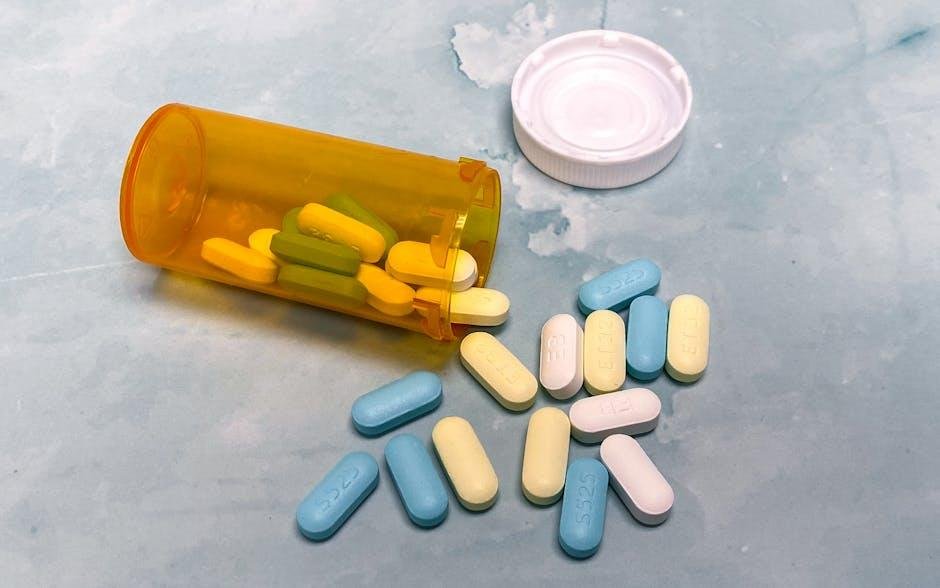
When to Consider Medication and Other Treatments
Deciding to incorporate medication into your cholesterol management plan involves a nuanced evaluation of individual risk factors and overall heart health. Lifestyle changes like diet and exercise are foundational, yet when cholesterol levels remain stubbornly high or cardiovascular risk escalates, medical intervention becomes a prudent choice. For example, individuals with a history of heart disease, diabetes, or significantly elevated LDL (“bad cholesterol”) often find that medications such as statins can effectively reduce the risk of heart attacks and strokes. Monitoring and collaborating closely with a healthcare professional ensures that treatments align perfectly with your unique health profile.
Beyond medication, there are additional therapies and strategies that may complement or, in some cases, replace drug use. These include nutritional supplements like omega-3 fatty acids, advanced lipid-lowering therapies, and emerging treatments tailored to genetic factors. Here’s a quick glance at common treatment options and who might benefit:
| Treatment Type | Who It’s For | Primary Benefit |
|---|---|---|
| Statins | High LDL, established heart disease | Lowers LDL and inflammation |
| PCSK9 Inhibitors | Genetic high cholesterol, statin intolerant | Advanced LDL reduction |
| Omega-3 Supplements | Moderate triglycerides, overall health | Supports heart and brain function |
| Lifestyle Modifications | Everyone | Improves cholesterol naturally |

Practical Steps for Maintaining Healthy Cholesterol Naturally
Balancing cholesterol levels isn’t just about avoiding fatty foods; it’s an art of embracing lifestyle choices that nurture your heart health daily. Start by incorporating fiber-rich foods like oats, beans, and fresh fruits which help reduce LDL (the “bad” cholesterol) naturally. Increasing intake of healthy fats such as those found in avocados, nuts, and olive oil supports HDL (the “good” cholesterol). Regular physical activity is equally vital; aim for at least 150 minutes of moderate exercise weekly to boost your body’s cholesterol-processing ability and improve circulation.
Small, consistent habits make a significant difference. Here are a few simple yet powerful tips to weave into your routine:
- Cook smart: Prefer grilling or steaming over frying.
- Limit sugar and refined carbs: They can unfavorably impact cholesterol.
- Quit smoking and limit alcohol: Both can elevate harmful cholesterol levels.
- Stay hydrated: Water helps flush toxins and supports overall metabolic health.
| Food | Beneficial Component | Effect on Cholesterol |
|---|---|---|
| Oatmeal | Soluble fiber | Lowers LDL |
| Salmon | Omega-3 fatty acids | Raises HDL, lowers triglycerides |
| Walnuts | Polyunsaturated fats | Improves cholesterol balance |
| Spinach | Antioxidants | Protects arteries |
Q&A
Q&A:
Q1: What exactly is cholesterol?
A1: Think of cholesterol as a waxy, fat-like substance found in every cell of your body. It’s essential for building cell membranes, producing hormones, and making vitamin D. Despite its bad reputation, cholesterol is neither inherently “good” nor “bad”—it’s more about balance and type.
Q2: Why does cholesterol get such a bad rap?
A2: Cholesterol often gets blamed for heart disease because of its link to plaque buildup in arteries. But the story isn’t so simple. The problem lies with certain types of cholesterol and how they interact with your body, not cholesterol itself.
Q3: What are the different types of cholesterol?
A3: There are two major players: LDL (low-density lipoprotein), often called “bad” cholesterol, and HDL (high-density lipoprotein), the “good” kind. LDL can deposit cholesterol in artery walls, potentially causing blockages, while HDL helps remove excess cholesterol from the bloodstream.
Q4: Can you live without cholesterol?
A4: No way! Cholesterol is vital for life. Your liver makes most of the cholesterol your body needs, and it’s crucial for producing hormones like estrogen, testosterone, and cortisol. Without it, many bodily functions would grind to a halt.
Q5: Does eating cholesterol-rich foods raise your cholesterol levels?
A5: Not necessarily. For many people, dietary cholesterol has a smaller effect on blood cholesterol than once believed. Saturated fats, trans fats, and overall diet quality often play bigger roles in influencing blood cholesterol levels.
Q6: How can you tell if your cholesterol levels are healthy?
A6: A simple blood test can measure your cholesterol numbers. Doctors look at total cholesterol, LDL, HDL, and triglycerides. Healthy levels vary per individual, so discuss with your healthcare provider what numbers you should aim for.
Q7: What lifestyle changes help maintain healthy cholesterol?
A7: Embrace a balanced diet rich in fruits, vegetables, whole grains, and lean proteins. Regular exercise, maintaining a healthy weight, quitting smoking, and managing stress can all impact cholesterol positively.
Q8: Are cholesterol-lowering medications always necessary?
A8: Not everyone with elevated cholesterol needs medication. For some, lifestyle changes are enough. However, if you have significant risk factors for heart disease, your doctor might recommend statins or other drugs to help manage your cholesterol.
Q9: Is all cholesterol-related plaque buildup preventable?
A9: While you can’t control everything—like genetics—you can significantly reduce risk by managing diet, exercising, and avoiding smoking. Early detection through regular check-ups also helps manage potential issues before they become serious.
Q10: What’s the biggest misconception about cholesterol?
A10: That cholesterol itself is the enemy. The real story is more nuanced—cholesterol is a necessary molecule, and it’s the balance and context of different types, alongside lifestyle factors, that truly shape your heart health. Understanding this can empower you to make smarter health choices.
To Conclude
As the curtain falls on our exploration of cholesterol, it’s clear that this complex molecule is neither villain nor hero in isolation. Like many elements of our biology, cholesterol plays a dual role—essential for life, yet capable of harm when out of balance. Understanding its nuances empowers us to look beyond fear and headlines, embracing a more informed, balanced view. In the end, the truth about cholesterol invites us not to demonize or idolize, but to engage thoughtfully with our health, armed with knowledge and guided by perspective.



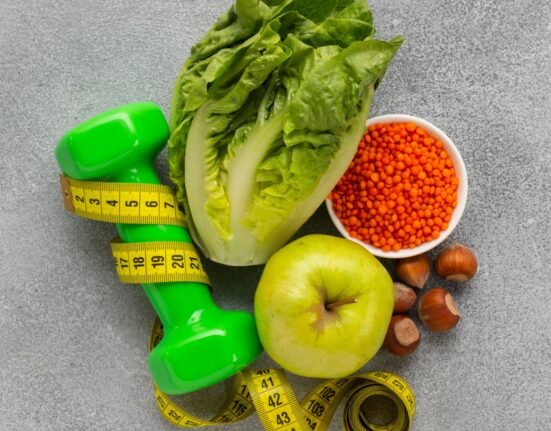




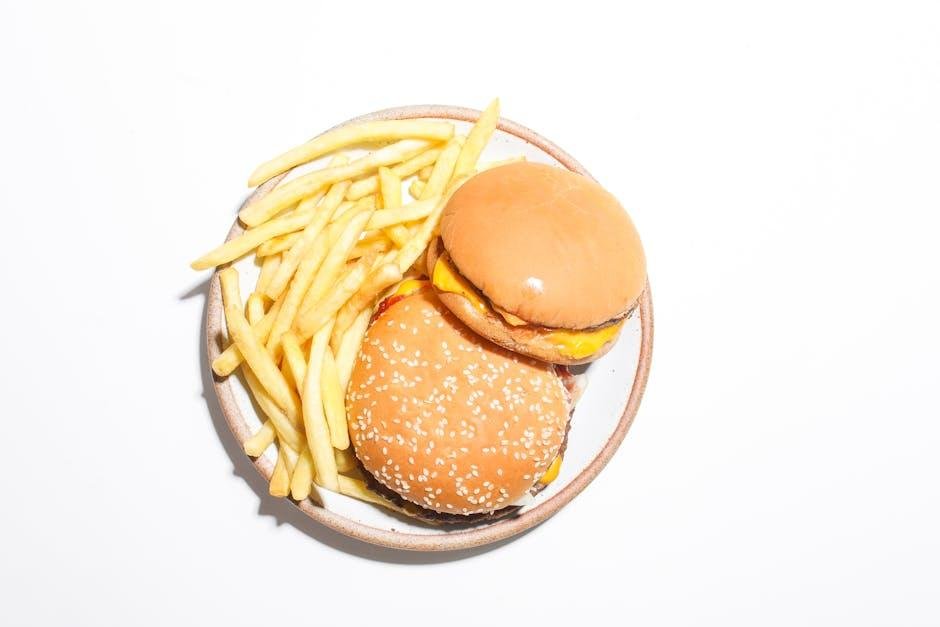



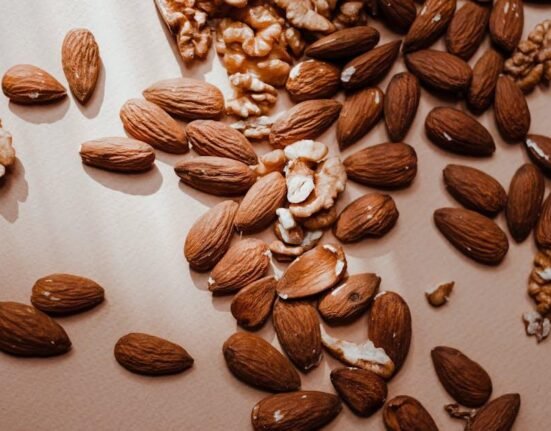


Leave feedback about this